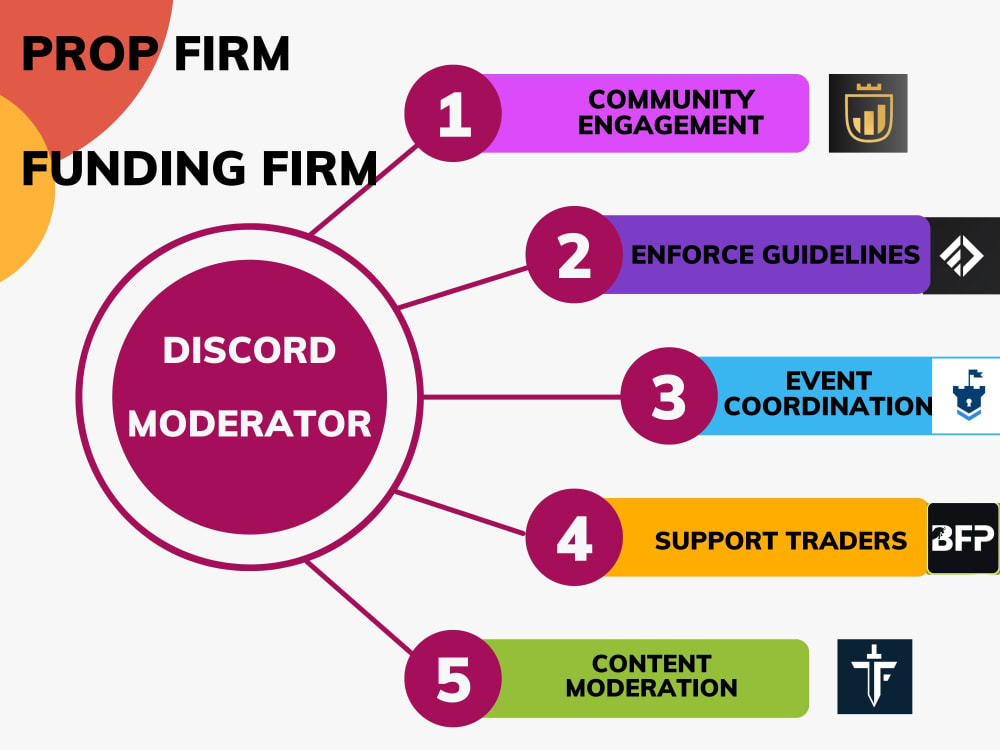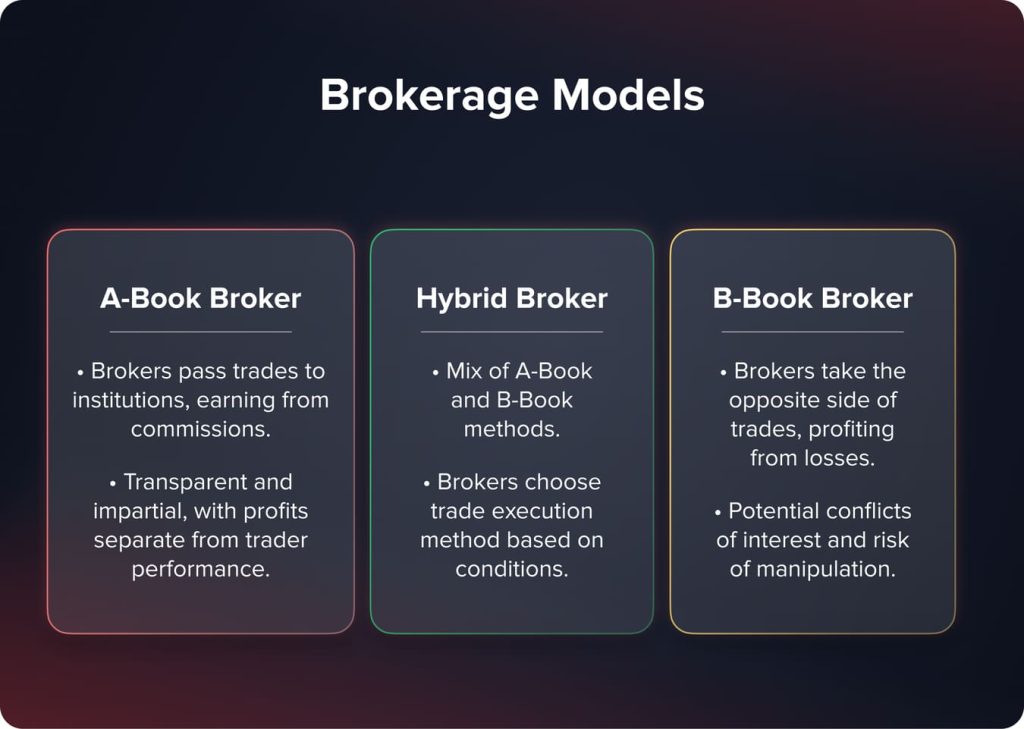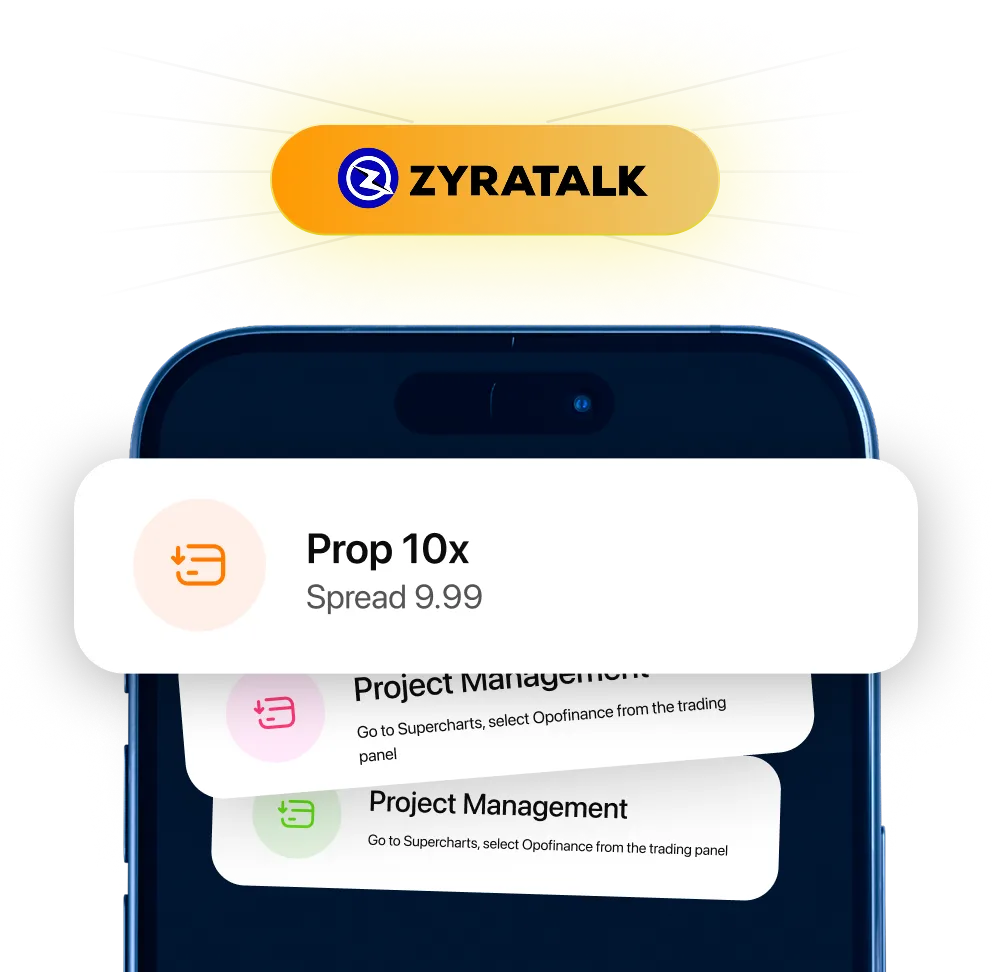Did you know that some prop firms have stricter rules than your high school principal? In the world of proprietary trading, firms enforce a variety of trading rules to maintain discipline and performance. This article dives into how prop firms monitor trader activity, the typical rules they impose, and the technology they use for enforcement. We’ll explore the detection of trading limit violations, the penalties for breaches, and the role of risk management systems. Additionally, we’ll cover how traders can appeal disciplinary actions and the consequences of rule violations. With insights from DayTradingBusiness, you'll gain a comprehensive understanding of how prop firms ensure fair trading practices and manage compliance.
How Do Prop Firms Monitor Trader Activity?
Prop firms monitor trader activity through real-time trading surveillance, tracking order flow, and analyzing trade patterns. They use software to flag violations like excessive risk, pattern day trading, or unauthorized strategies. Managers review trading logs, audits, and performance reports regularly. Any suspicious activity triggers alerts or account reviews, ensuring traders follow firm rules and risk limits.
What Trading Rules Do Prop Firms Typically Enforce?
Prop firms typically enforce strict trading rules like daily loss limits, maximum position sizes, and minimum profit targets. They require traders to follow specific risk management protocols, such as using stop-loss orders and adhering to leverage restrictions. Many firms monitor trades in real-time, penalize violations immediately, or suspend trading privileges. They often mandate daily reporting, restrict certain trading hours, and prohibit risky strategies like excessive scalping or overleveraging. Failure to comply results in penalties, account suspension, or termination.
How Do Prop Firms Detect Violations of Trading Limits?
Prop firms monitor trading activity in real-time to detect violations of trading limits by analyzing order sizes, frequency, and timing. They use automated systems to flag excessive or suspicious trades that exceed predefined thresholds. Trade logs and audit trails are reviewed regularly to identify breaches. If a trader exceeds position size limits or breaks risk controls, the firm’s software triggers alerts or automatically halts trading. They also compare current activity to historical patterns to spot anomalies. Ultimately, violations are enforced through account restrictions, penalties, or termination.
What Penalties Do Prop Firms Impose for Rule Breaks?
Prop firms penalize traders for rule breaks with account restrictions, trading suspensions, or even account termination. They might also impose profit clawbacks or reduce trading limits. Repeated violations can lead to disqualification from the firm’s programs. Some firms monitor trades closely and may issue warnings before stricter penalties.
How Do Prop Firms Use Technology to Enforce Rules?

Prop firms use advanced trading monitoring software to track all activity in real time, flagging violations like exceeding position limits or risky trades. They employ algorithms that analyze trading patterns for suspicious behavior, automatically alerting compliance teams. Many use AI tools to detect manipulative tactics or pattern breaches instantly. Trading platforms are often equipped with built-in restrictions, preventing traders from executing forbidden actions. Additionally, firms monitor traders' screens remotely via surveillance software, ensuring adherence to rules without delay.
Can Traders Appeal Prop Firm Disciplinary Actions?
Yes, traders can appeal prop firm disciplinary actions, but success depends on the firm's policies and the specifics of the violation.
How Do Prop Firms Track Trading Performance and Compliance?
Prop firms monitor trading performance through real-time dashboards and automated systems that track profit and loss, position sizes, and trading frequency. They review trading logs, trade journal reports, and software audits to ensure adherence to risk limits and rules. Compliance is enforced by setting strict parameters on leverage, stop-loss levels, and trading hours, with automatic alerts or account freezes if violations occur. Regular audits and supervision by compliance officers also ensure traders follow firm policies.
What Are Common Trading Restrictions in Prop Firms?
Common trading restrictions in prop firms include limits on leverage, position sizes, and daily loss thresholds. They often ban trading certain high-risk assets like options or futures, or restrict trading during specific hours. Margin and leverage caps prevent excessive risk. Firms also monitor trading patterns for signs of misconduct and enforce strict risk management protocols. Violating these rules can lead to account suspension or termination.
How Do Prop Firms Handle Unauthorized Trading?
Prop firms monitor trades closely with advanced software and strict oversight. Unauthorized trading triggers immediate alerts, and traders face account freezes or termination. Firms often review trading patterns regularly and use audit trails to catch violations. Penalties include loss of trading privileges, financial penalties, or legal action. They emphasize compliance through ongoing training and clear policies.
What Role Do Risk Management Systems Play in Rule Enforcement?
Risk management systems are central to prop firms enforcing trading rules. They monitor traders’ positions, enforce position limits, and prevent overexposure. These systems automatically flag or halt trades that breach risk thresholds, ensuring traders follow firm policies. They also track trader behavior to identify patterns of rule violations. By doing so, risk management systems maintain compliance, protect firm capital, and uphold trading discipline.
How Do Prop Firms Ensure Fair Trading Practices?

Prop firms enforce trading rules by implementing strict compliance policies, monitoring trades in real-time, and using technology to detect suspicious activity. They set clear guidelines on leverage, position sizes, and trading hours, and require traders to follow these strictly. Regular audits and performance reviews catch rule violations. Many use automated systems to flag anomalies or risky behavior. They also mandate training to ensure traders understand the rules and consequences of breaches. Penalties for violations include account suspension or termination, maintaining a fair trading environment.
Learn about How Do Prop Firms Affect Day Trading Strategies?
What Are the Consequences of Rule Violations for Traders?
Violating trading rules in prop firms can lead to account suspension, loss of trading privileges, financial penalties, and even termination of the trading agreement. The firm may also revoke profits, require restitution, or blacklist the trader from future opportunities. These consequences aim to maintain fair trading practices and protect the firm's capital.
How Do Prop Firms Enforce Leverage and Position Limits?
Prop firms enforce leverage and position limits through automated systems that monitor trading activity in real-time. They set maximum position sizes and leverage ratios in their trading platforms, triggering alerts or auto-liquidations when limits are exceeded. Traders must adhere to these rules; otherwise, they face account restrictions or termination. Risk management teams regularly audit trading logs to ensure compliance. These measures prevent excessive risk-taking and maintain firm stability.
How Is Trading Data Analyzed for Rule Compliance?
Prop firms analyze trading data by reviewing trade logs, order patterns, and execution times to detect violations of rules like over-leverage or unauthorized strategies. They use automated software to flag suspicious activity, cross-checking against compliance standards. Manual audits may follow for flagged cases, examining trade details and account behavior. This process ensures traders follow risk limits, position sizes, and prohibited tactics, maintaining fair and rule-compliant trading environments.
How Do Prop Firms Manage Confidentiality and Data Security?

Prop firms enforce trading rules through strict data security protocols like encryption, access controls, and regular audits. They limit data access to authorized personnel only and use secure systems to prevent leaks. Confidentiality agreements bind employees and traders to protect sensitive information. They also monitor trades continuously for compliance, ensuring rules are followed and data stays secure.
Conclusion about How Do Prop Firms Enforce Trading Rules?
In summary, prop firms employ a range of monitoring and enforcement strategies to ensure compliance with trading rules, utilizing advanced technology and risk management systems. Traders must be aware of common restrictions and the penalties for violations, as these can significantly impact their trading careers. Understanding how prop firms track performance and enforce rules is crucial for maintaining a successful trading relationship. For more insights and guidance on navigating the intricacies of trading rules and compliance, turn to DayTradingBusiness.
Learn about How Do Prop Firms Affect Day Trading Strategies?
Sources:
- Doing Business 2020: Comparing Business Regulation in 190 ...
- Volcker Rule - Federal Reserve Board
- The Regulation of Insider Trading
- Frequently Asked Questions - Federal Reserve Board
- The battle of power: Enforcing data protection law against ...
- Federal Trade Commission Act Section 5: Unfair or Deceptive Acts ...